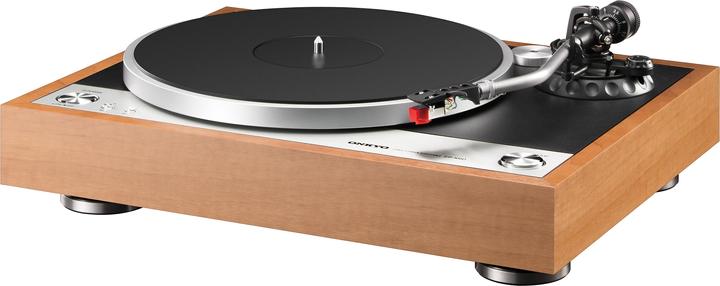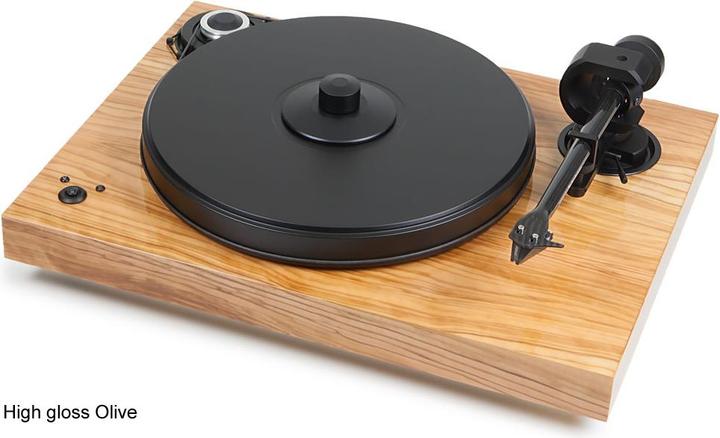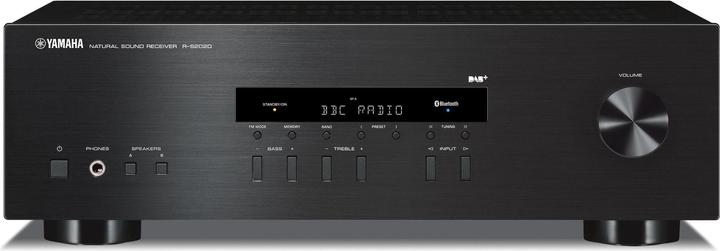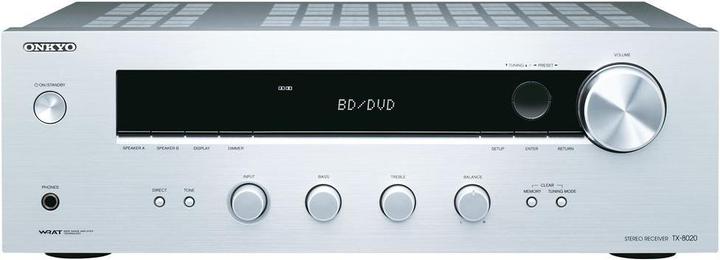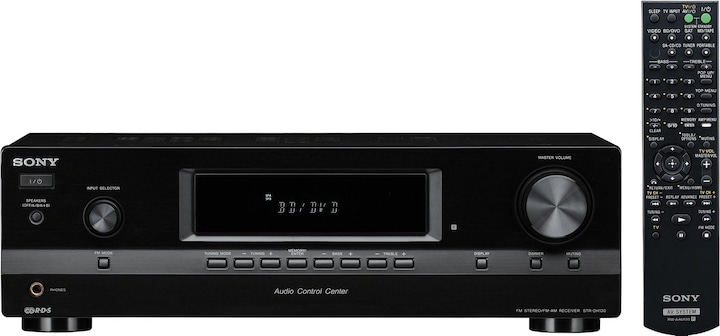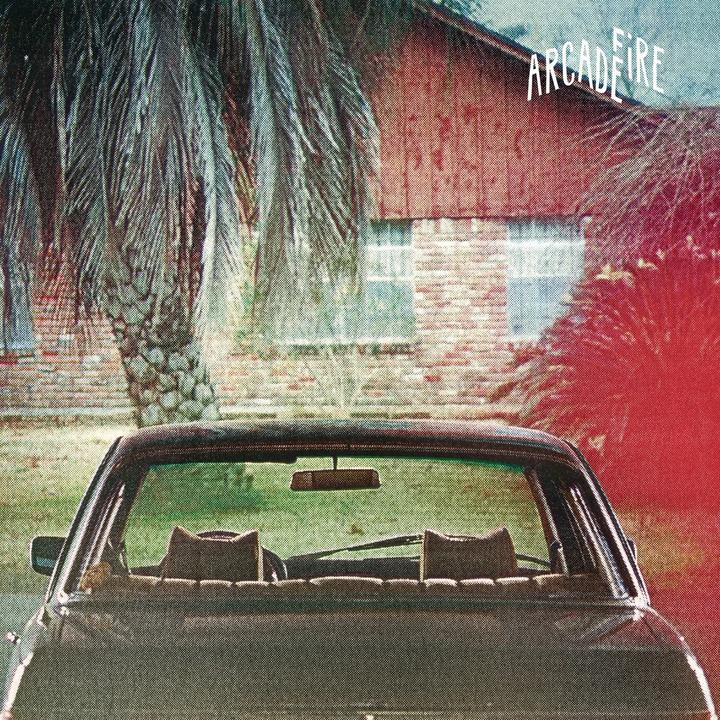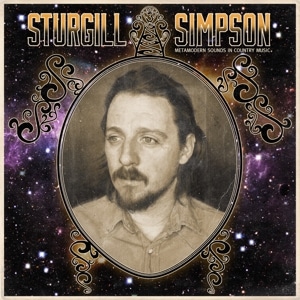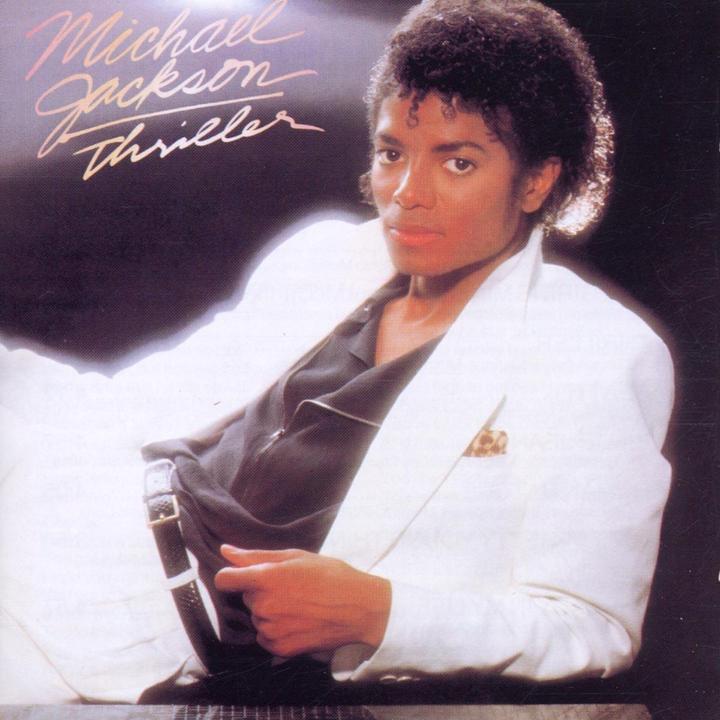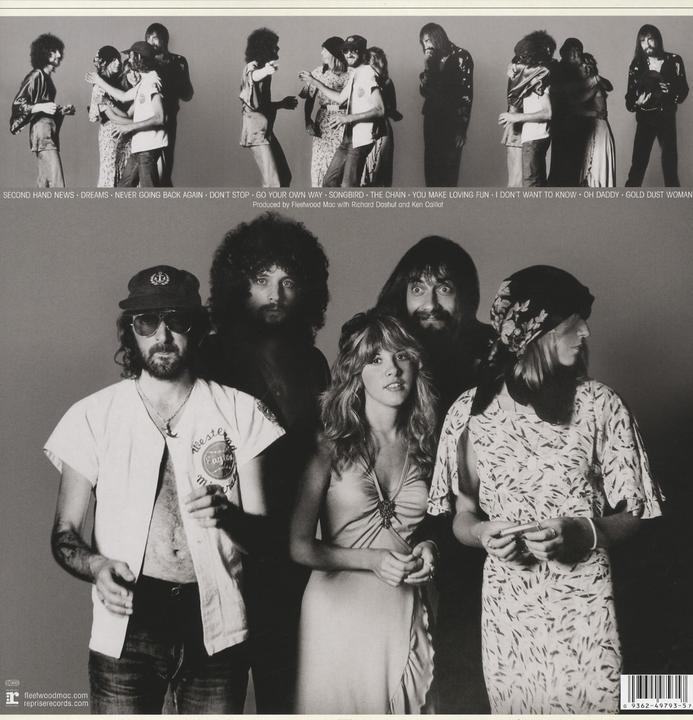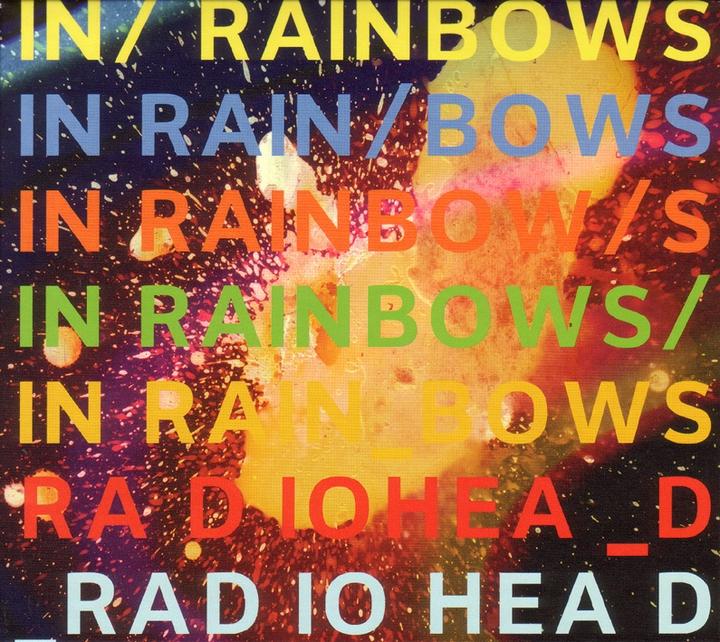
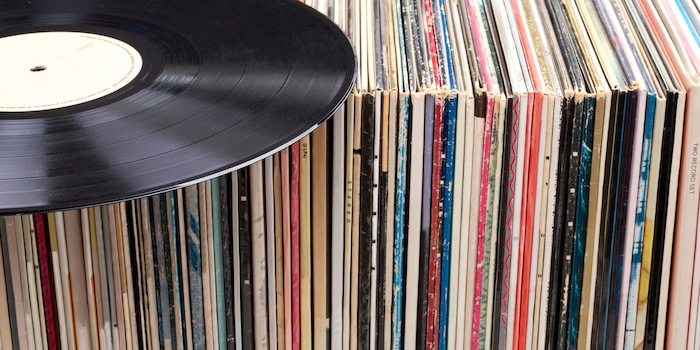
16 things you need to know before starting a vinyl collection
Thinking about starting your own record collection? Find out all you need to know right here!
In times of omnipresent digitalisation, analogue media has been making a comeback in the last few years – from photography to music. Maybe you’re thinking about starting a record collection but are unsure what you’re signing up for. Keep reading to find out what you need to get started.
1. Why buy vinyl?
Either you have audiophile tendencies and are a sucker for the warm analogue sound of music or you’re into the aesthetics of records, like the cover art and the record player. Maybe you love both. In any case, it’s essentially the physical beauty of records that make them so appealing. While digital music is not tangible, CDs often look like office supplies. By contrast, there’s something nostalgic about records that make them a celebration of music.
2. Are records worth the investment?
Yes and no. While digital music cannot be resold, CDs are generally traded at low prices. Vinyl, on the other hand, is likely to keep its value or, in rare cases, even increase it; provided it's in good condition, of course. However, you won’t be making big bucks with your black discs, so money making should not be your motivation to start a collection.
3. I know vinyl is analogue. But what does that mean?
An analogue signal is a continuous signal. A digital signal, by contrast, is reproduced in blocks of bits (0 and 1). However, music is transmitted via sound waves for both types of signal. In other words, you cannot tell the difference between analogue and digital by means of the sound waves.
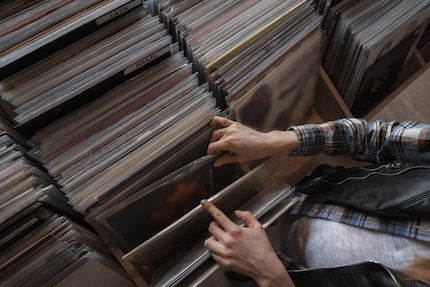
4. Does vinyl really sound better than a CD?
Sometimes. First and foremost, it depends on the record player, amp and speakers you’re using. If you’re listening to a record on a good stereo system, you probably won’t hear the difference between a record, a CD or a high-quality digital recording. Having said that, scratches, dust or problems with the physical media will impede the sound quality.
5. So why do people enjoy the sound of records so much?
It is said that vinyl sounds warmer than digital recordings. This is because analogue signals capture a smaller dynamic range than digital signals. This makes digital recordings a lot more precise than their analogue counterparts. The slightly fragmented abstraction of digital signals is pleasant to the human ear. It’s comparable to analogue and digital photos. The digital version is often almost too precise and can feel cold and clinical.
6. What type of record player is for me?
Again, it’s all about whether you’re an audiophile or just like that vintage look. If you belong to the former group, you will have to splash out. For all you aesthetes out there, I’m happy to say that you can buy decent record players for little money. Obviously, the sound quality is also only «decent» but should do fine. Unless you’re an audiophile, of course.
Either way, you’re better off buying a new record player than getting one from the flea market. Old turntables usually have little ailments that often require tricky and expensive repairs.
We’ve got a wide range of record players to choose from to suit all budgets and requirements. I’ve picked out three for you and sorted them by price.
Check out all our record players
7. What’s the difference between a belt drive and a direct drive record player?
Belt drive record players are driven by an independent motor with a rubber belt. A direct drive record player has a built-in motor. If you plan on DJing, you will need a direct drive turntable. Audiophiles swear by belt-driven turntables because they produce less external noise and vibrations.
8. Do I need to get a stereo system plus speakers?
If you want good sound, absolutely. Speakers really make a big difference in terms of sound quality. Lousy speakers are capable of distorting beautiful recordings; high-end speakers, however, will bring out the best in recordings. Good speakers can easily set you back several thousand francs. If you don’t have that kind of cash but still want good quality, I recommend the following compact speakers. They’re about the size of a shoebox. The following speakers are a good example.
9. What about a pre-amp? Do I need one of those?
It depends. Some record players are already equipped with a built-in pre-amp. If not, you need to get one or you won’t be able to hook up the speakers. If your record player has a «phono» input or a USB output, it already has a pre-amp.
10. Do I need a stereo receiver?
You do. If you have a stand-alone record player, you will need a stereo receiver. It processes the signal from the record player or pre-amp and sends it to the speakers. The receiver allows you to regulate volume and make other audio settings. Some feature a built-in radio or can be connected with other devices such as CD players or a TV.
11. What do I need to know about needles and cartridges?
The needle runs along the record and transports the sound. The vast majority of turntables include a needle and cartridge. Needles need to be replaced every now and again, as they wear off after a while.
12. What is RPM?
RPM stands for revolutions per minute. In other words, how many times a minute the record completely turns. Records are produced in RPM denominations of 33 ⅓ RPM, 45 RPM and 78 RPM. The latter is quite rare and you’ll probably never come across it. Most 12-inch records rotate 33 ⅓ times a minute. Then there are other types, mainly EPs and maxi singles, that rotate 45 times a minute. The majority of 7-inch singles are 45 RPM. The RPM of a record is usually printed on the label and you will need to adjust your record player accordingly (to avoid the music sounding like the chipmunks or like an old drunk).
13. Does it matter how thick a record is?
Every time you play a record, the needle erodes a teensy part of it. So the more you play a record, the thinner it becomes. In other words, thick records are a little sturdier than thin ones. Many records weigh a healthy 180 grammes. That’s a good thing, as thicker and heavier records last longer, are sturdier, warp less and are better at absorbing vibrations.
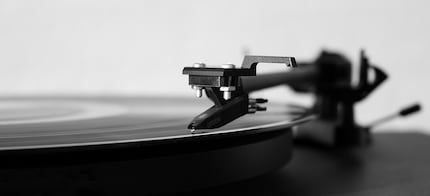
14. Is it a good idea to buy a new pressing of an old record?
With new pressings, there’s a risk that the record label has no access to the analogue original and simply uses the CD as a master. This means that you’re basically buying an incomplete version of a CD that has lost all the «warmth» of a record. But with a tiny bit of research, you’ll soon know if the original master was used for the new pressing. If this is a case, you can go ahead and buy your copy. If not, it’s worth looking for an original version.
15. How should I store my records?
Store them in a cool and dry place in an upright position. If you pile them on top of each other, they could warp. Direct sunlight can also make them warp or make the vinyl wavy. Even though slightly warped records can still be played, they are irreparable. So take good care of your black gold and you will enjoy them for years to come.
16. How do you clean a record?
Clean, dust-free records play without popping and clicking and there are many cleaning sets to choose from. The important thing is to be gentle when cleaning your records to avoid scratching the surface of the vinyl.
